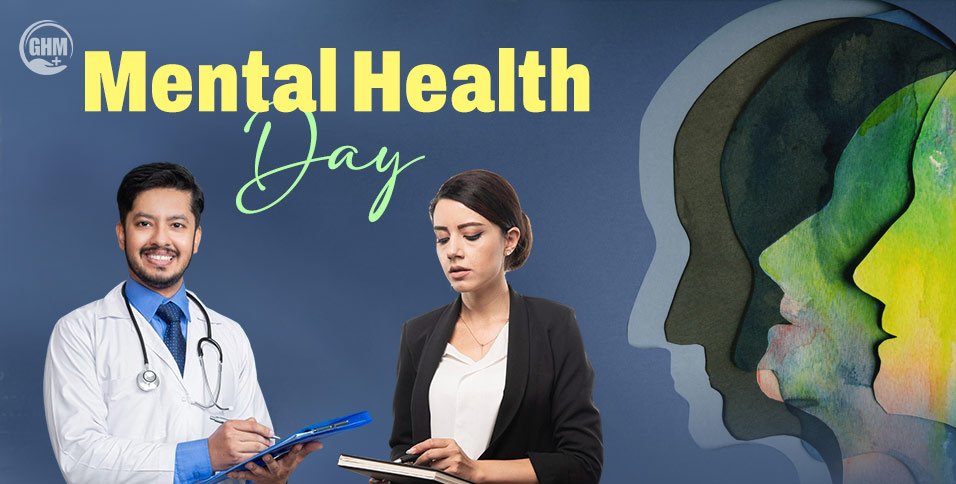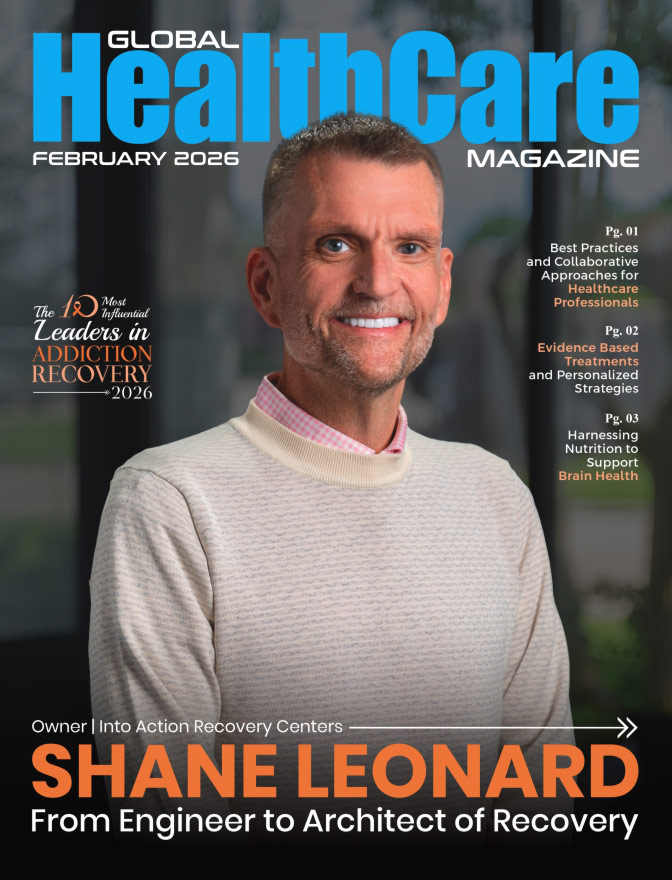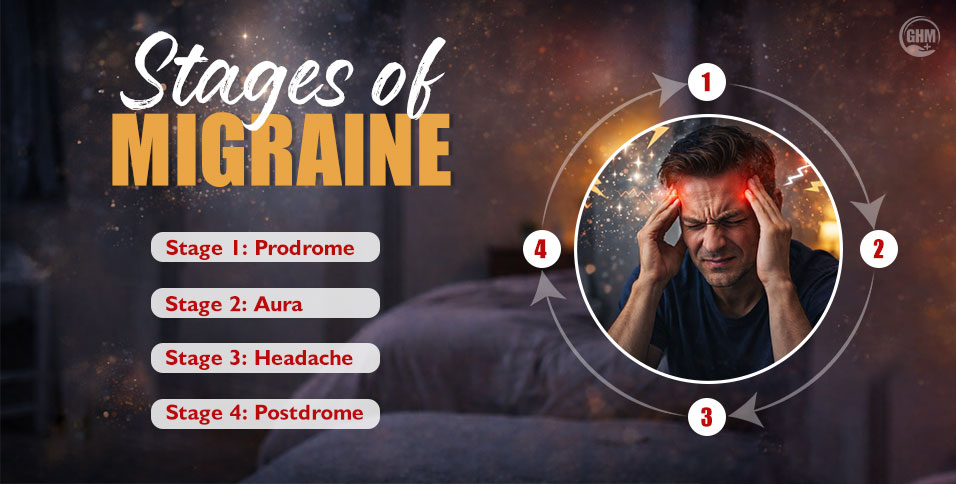Every year, Mental Health Day arrives, and the world pauses to talk about something we all live with but often overlook, our emotional well-being. It is a reminder to pause, reflect, and rethink how we view emotional well-being in our fast-paced world.
In 2025, as conversations around World Mental Health Day grow louder, one truth stands out more than ever: some professions carry a heavier emotional burden than others.
Imagine a nurse working through the night, a teacher struggling to support every student, or a police officer holding their emotions together after witnessing trauma. These are not just jobs, but they are emotional battlegrounds where mental resilience is tested daily. It’s an experience that can slowly shape their thoughts, moods, and sense of self.
This article explores why certain professions demand extraordinary emotional strength, how that shapes people’s mental health, and why now is the time to address it.
Let’s Explore Why These Professions Are Emotionally Draining:
Current Landscape on Mental Health Day
In recent years, Mental Health Awareness Day has helped shift the narrative around emotional well-being from silence to conversation. Yet, according to the WHO, nearly 1 in 8 people worldwide live with a mental health condition. And while access to care is improving, workplace strain remains one of the most common triggers.
Professionals across healthcare, education, law enforcement, corporate jobs, and creative industries often face psychological challenges that aren’t visible on the surface. Emotional stress, chronic anxiety, or professional fatigue don’t always come with physical signs, but their impact is just as real.
Work is where we spend most of our waking hours, affecting our everyday lives. It influences how we feel about ourselves, our sense of purpose, and even how we relate to others at home.
Mental Health and Work Life
Workplaces are evolving, but emotional pressure remains constant, or even increases. Here’s why:
- Rising job strain: High workloads, emotional labour, and unstable boundaries blur the line between work and personal life.
- Invisible pressure: Many workers don’t realise they’re burning out until it impacts their health.
- Lack of support: Mental health is still stigmatised in many industries, pushing employees to “tough it out” in silence.
On this World Mental Health Day, it’s critical to recognise that emotional well-being isn’t separate from our careers. In fact, for some jobs, emotional resilience is part of the job description.
Professions That Demand High Emotional Strength
Here are some of the careers that can significantly affect a person’s mental health, often in quiet, unspoken ways.
1. Healthcare Workers
Healthcare workers, including doctors, nurses, paramedics, and support staff, often stand at the frontline of human suffering. Their daily reality involves witnessing pain, emergencies, critical illnesses, and sometimes death. While their role is to heal, this constant exposure to distress can leave invisible emotional scars.
One major emotional strain comes from what psychologists call “compassion fatigue”, a deep exhaustion caused by caring for others in pain for extended periods. Many healthcare workers learn to suppress their own emotions to stay composed during crises. Over time, this emotional suppression can lead to anxiety, irritability, and emotional numbness.
- They also carry a sense of responsibility that extends beyond their working hours, often feeling guilt or helplessness when outcomes aren’t favourable.
- These emotional burdens don’t remain at the hospital. Many healthcare professionals report difficulty switching off after work, strained relationships, and feelings of emotional isolation.
- This makes it essential to offer structured mental health support, counselling access, and workplace cultures that encourage emotional well-being as much as professional competence.
2. First Responders
First responders, such as police officers, firefighters, paramedics, and disaster relief personnel, are society’s immediate line of defence in emergencies. But behind their bravery lies an immense psychological burden.
Every call they respond to can involve trauma, injury, or loss of life. Over time, repeated exposure to high-stress situations can lead to post-traumatic stress disorder (PTSD), chronic anxiety, or emotional detachment.
Unlike many other professions, they often cannot fully express their emotions while on duty. Instead, they must act decisively, suppressing fear or grief to save lives or maintain control in chaotic situations.
- The “always on alert” mindset, essential for their work, can follow them home. Many first responders struggle to relax, sleep peacefully, or feel emotionally safe after their shifts.
- They may appear distant or irritable with loved ones, not out of choice, but because their minds remain in survival mode.
- The stigma surrounding mental health within these professions often discourages them from seeking help. As a result, emotional distress builds silently until it surfaces as burnout, substance misuse, or breakdown.
- Structured peer support, trauma-informed care, and regular mental health checks are crucial to protect these everyday heroes.
3. Legal Practitioners
Lawyers, judges, and legal support professionals operate in a world defined by high stakes, intense workloads, and constant pressure to perform. Whether it’s defending a client, arguing a complex case, or making judicial decisions, their work directly impacts people’s lives. This immense responsibility creates significant emotional strain.
This exposure to conflict and human suffering can be mentally draining. Many legal practitioners internalise this pressure, working late nights, skipping breaks, and sacrificing personal well-being to meet professional expectations.
There’s also a perfectionist culture in law, where mistakes are rarely tolerated, and vulnerability is often perceived as weakness. As a result, many lawyers suppress their emotional responses, leading to chronic stress, anxiety, and, over time, depression.
- Because the work requires analytical detachment, some may struggle to emotionally connect outside the courtroom.
- This can affect personal relationships and create feelings of isolation. Studies show that lawyers have among the highest rates of burnout and substance use disorders.
- Mental health awareness, flexible work practices, and stigma-free access to therapy are essential to address these risks.
4. Mental Health Workers
Ironically, those who work to support others’ mental health, such as therapists, counsellors, psychologists, and social workers, are themselves at high risk of emotional strain. Their work involves absorbing stories of trauma, grief, anxiety, and depression daily.
While they are trained to manage these interactions professionally, empathy can be emotionally taxing. Many mental health workers experience “secondary trauma”, where they are emotionally affected by the pain their clients share. This can manifest as emotional exhaustion, intrusive thoughts, or a sense of hopelessness.
- Another challenge is emotional containment. These professionals often carry their clients’ burdens in silence, maintaining confidentiality and composure.
- Over time, the emotional weight can become isolating, especially if they don’t have strong support systems of their own.
- Mental health professionals also face high expectations, both from society and themselves, to “have it all together.” This pressure may discourage them from seeking help for their own struggles.
- Without proper boundaries and self-care, many experience burnout or compassion fatigue. Regular supervision, peer support, and access to therapy for therapists themselves are critical to sustaining their well-being.
5. Creative Artists
Creative professionals, including writers, designers, filmmakers, journalists, musicians, and content creators, often work in spaces where emotion and identity are deeply intertwined with their craft. While creativity can be fulfilling, it can also make individuals vulnerable to emotional highs and lows.
Many artists face intense performance pressure and self-criticism. The creative process often involves uncertainty, irregular work patterns, and exposure to public judgment. This can trigger anxiety, imposter syndrome, or depression.
Unlike structured jobs, creative careers often lack clear boundaries, leading to overwork, isolation, or difficulty separating personal identity from professional output.
- Many creatives work alone for long periods, which can intensify feelings of loneliness or doubt. When combined with external pressures to constantly produce or stay relevant, this can take a serious toll on mental well-being.
- Structured rest, community support, and mental health education in creative industries can help ease this burden.
Steps to Protect Emotional Well-being
On this Mental Health Awareness Day, organisations and communities can take meaningful steps to protect emotional well-being:
- Employers should offer mental health support, counselling, and stress management resources.
- Reducing stigma around therapy and emotional vulnerability allows workers to seek help without fear.
- Rest, time off, and psychological safety must become part of workplace culture.
- Governments, NGOs, and international health bodies should prioritise emotional well-being alongside physical health in workplace safety standards.
- Regular screening and mental health literacy can prevent crises before they deepen.
Conclusion
Professions that require more emotional strength are often the ones society depends on the most. Yet, the silent emotional struggles of these workers often go unseen. World Mental Health Day is our collective reminder to change that.
Emotional well-being isn’t a luxury. It’s a necessity for individuals, families, and communities. Supporting these professions means creating a world where mental health and work can coexist, not collide.













